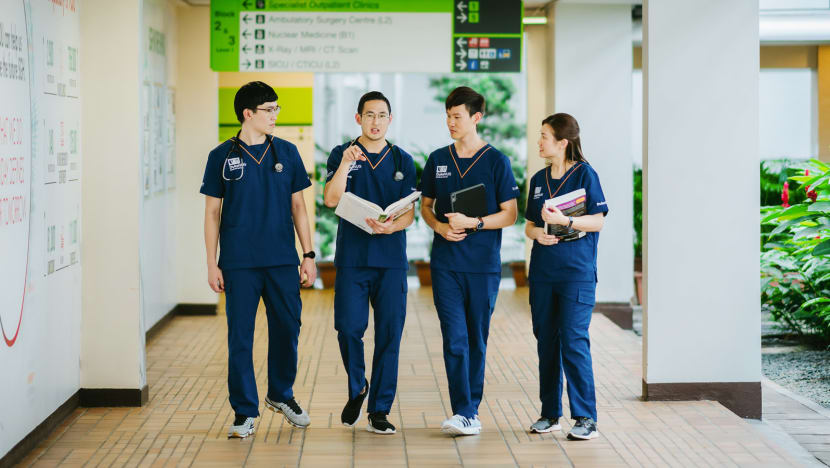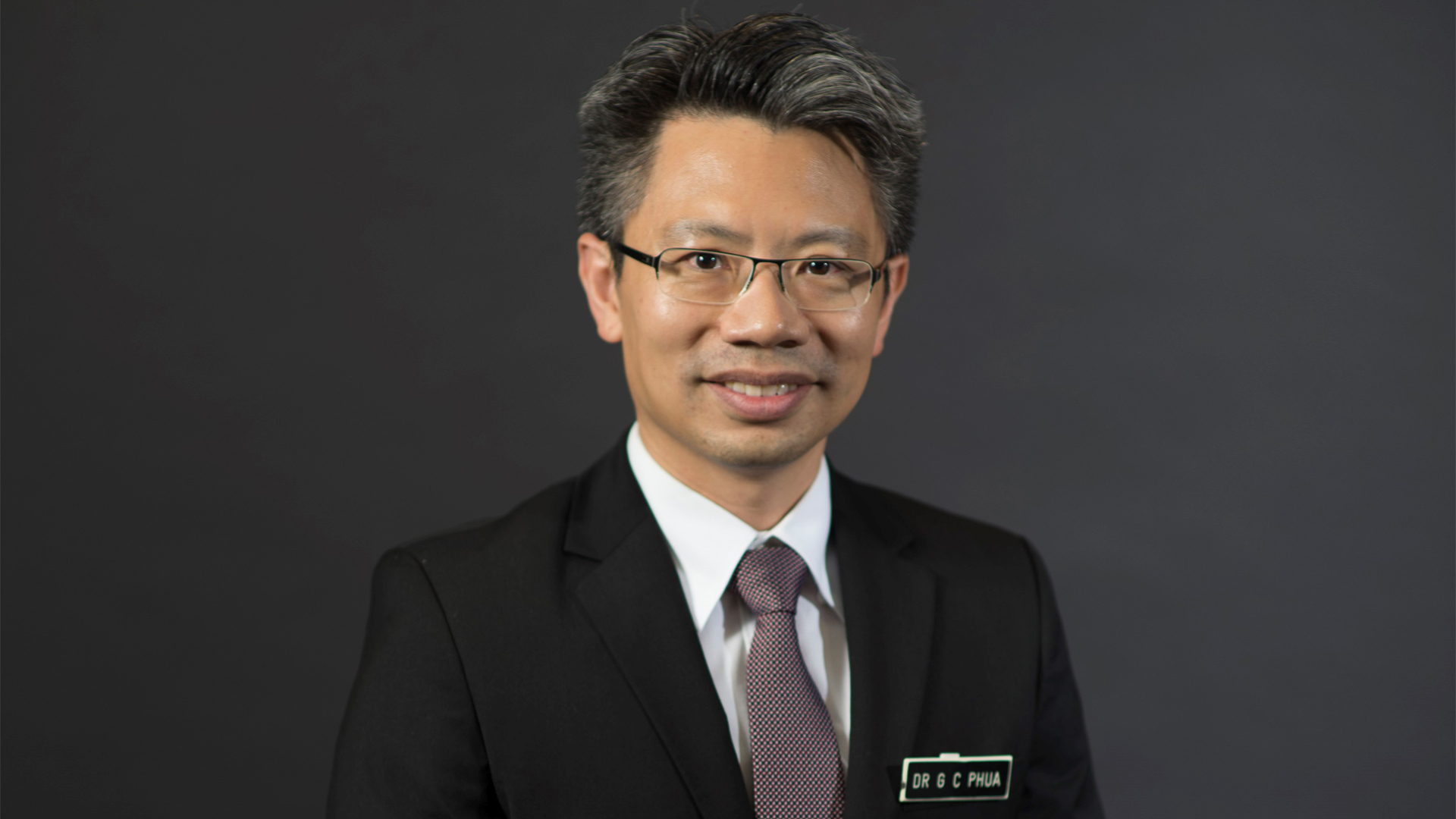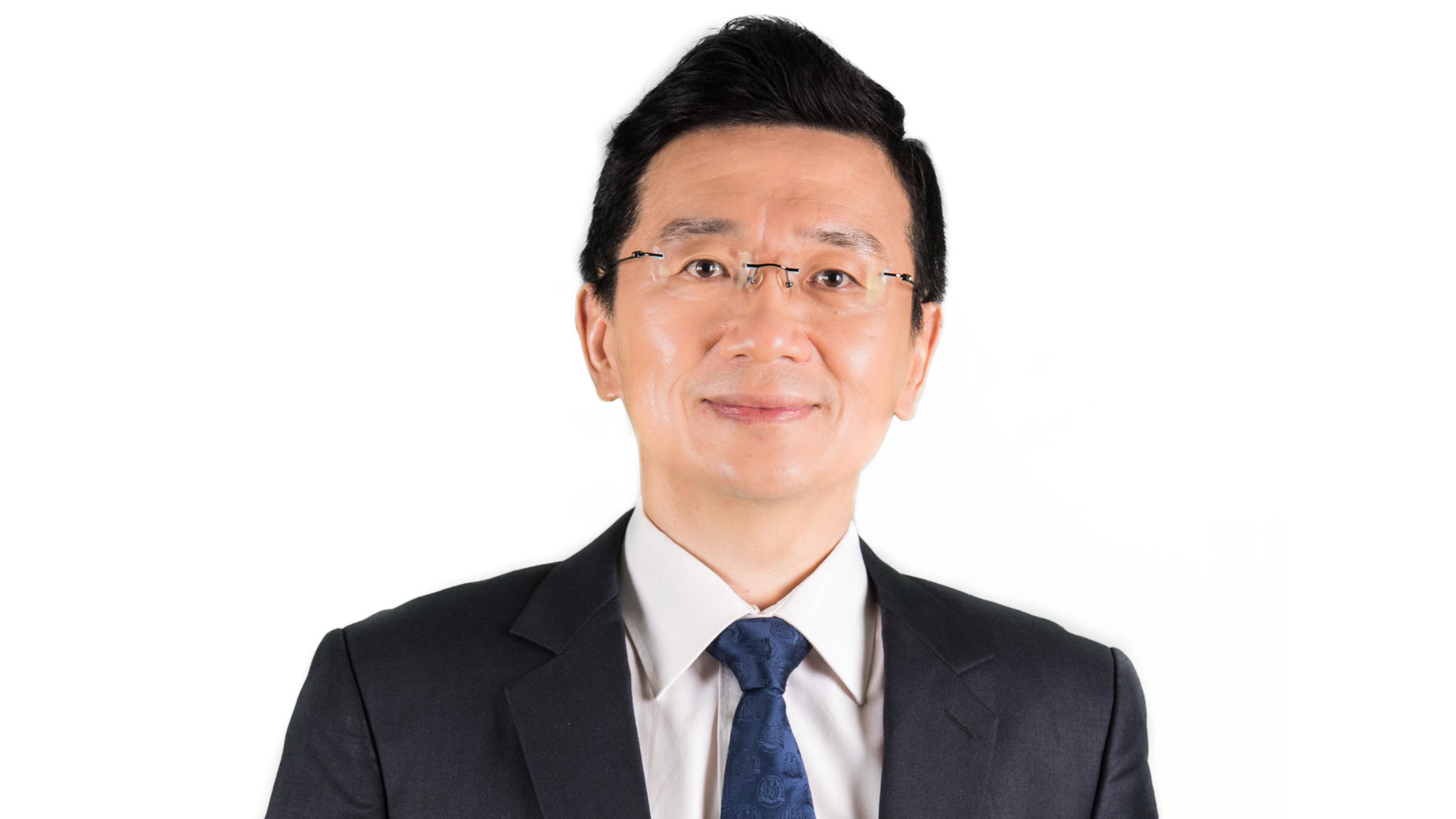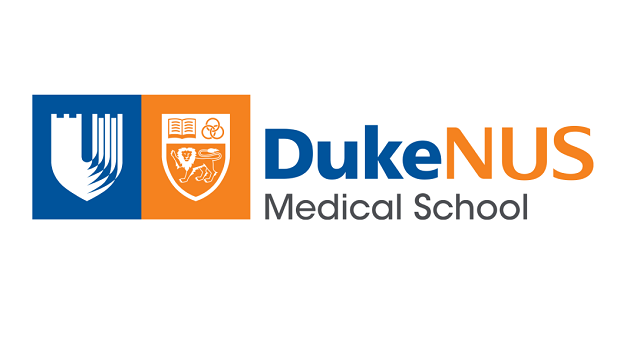Training progressive, innovative and open-minded clinicians
With its stellar research capabilities, academic standards and faculty, Duke-NUS Medical School is preparing its students to take the lead in shaping the future of medicine.

To be future-ready, medical students should be exposed to electives such as data science, translation research and medical humanities. Photos: Duke-NUS Medical School
Even without the ongoing challenges posed by the COVID-19 pandemic, the healthcare sector has already been undergoing numerous changes that are driven by scientific advances, technological breakthroughs and new approaches such as the advent of personalised medicine. To thrive in this rapidly transforming landscape, medical students need to embrace a growth mindset and look beyond their own specialisations to foster collaborations across disciplines and roles.
“Many healthcare challenges are also intimately intertwined with national challenges, such as an aging population, economic restructuring, digital disruptions, societal trends and evolution, as well as rising population expectations,” said Clinical Professor Hsu Pon Poh, who is chairman of the SingHealth-Duke-NUS and Singapore University of Technology and Design (SUTD) Clinicians-Innovators Programme, and associate dean of the Office of Academic and Clinical Development at Duke-NUS.
The close partnership between Duke-NUS Medical School and SingHealth, Singapore’s largest healthcare group, provides a broad range of opportunities for students to delve into research and innovation to address these challenges. Newly launched institutes like the Academic Medicine Innovation Institute and SingHealth Duke-NUS Regenerative Medicine Institute of Singapore enable students to work with emerging technologies and data, as well as new therapeutics and tools in a multidisciplinary environment – going beyond the traditional tenets of a medical education.
Said Prof Hsu: “Medicine was a mastery and combination of arts, science and even philosophy in the past, but in our future daily practice of medicine, we will need elements of cross-boundary collaboration, innovation, disruptive technology and an even larger dose of humanity.”
HONING BOTH SKILL SETS AND MINDSETS
Clinical Associate Professor Phua Ghee Chee, who is the head and senior consultant of respiratory and critical care medicine at Singapore General Hospital and director of clinical services at the SingHealth Duke-NUS Lung Centre, has seen many changes in his career as a respiratory and intensive care physician.
“In the past, we did not have the benefit of electronic medical records providing real-time patient data such as vital parameters, blood results and radiology. We also did not have online resources providing information at one’s fingertips. We had to manually trace results by calling the laboratories, retrieving X-ray films and memorising lots of medical information,” he recounted.
Prof Hsu agrees that medicine has changed greatly since the early days of his career: “With the tremendous advances in medicine over the past few decades, medical treatments and care plans for our patients have evolved to be more refined, more sophisticated, precise and complex.”
To address this growing complexity, Duke-NUS has built its Doctor of Medicine programme around its Clinicians First, Clinicians Plus vision. Clinicians First, Clinicians Plus aims to produce medical professionals who are competent clinicians first and foremost, and who also expand their capabilities to become clinician-scientists, educators, innovators and leaders.
One of its guiding principles lies in actively cultivating diversity in its student body. Duke-NUS seeks out students who hail from a variety of pathways and undergraduate academic disciplines. Building on a unique set of expertise, skills and experiences is essential when it comes to training progressive, innovative and open-minded clinicians who can blaze new paths while ensuring patients receive the best possible care.
DIGITALLY-DRIVEN, PEOPLE-ORIENTED LEARNING

Digitalisation in healthcare has been further accelerated with the COVID-19 pandemic. Said Assoc Prof Phua: “The pandemic has provided a catalyst for innovation and transformation. In particular, technology and AI-assisted decision-making will have a major impact. New skill sets and mindsets are required.”
Duke-NUS Medical School practises a progressive learning pedagogy known as TeamLEAD (Learn, Engage, Apply and Develop) to help its students gain hard and soft capabilities alongside medical knowledge. The pedagogy encourages students to develop critical thinking skills by reading supplemental materials before attending class to ensure that class sessions are more productive as students can engage in small group discussion and collaborative problem-solving.
“TeamLEAD facilitates strong teamwork and communication,” explained Assoc Prof Phua. “I believe that in order to be future-ready, medical students should be exposed to electives such as innovation, technology, data science, translation research and medical humanities. Finally, strong values are the foundation of the medical profession and inculcating these through mentorship is imperative.”
Besides offering students many mentorship opportunities in the course of their education, Duke-NUS also assists faculty in becoming impactful mentors through programmes like the AM-ETHOS (Academic Medicine-Enhancing Training, Healthcare, Outcomes & Standards) Academic Mentor Development Fellowship. Fellowship recipients are mentored by senior faculty from Duke Health in Durham, the United States. Subsequently, they will help implement a strong academic mentorship culture and support framework at the SingHealth Duke-NUS Academic Medical Centre.
A SENSE OF MISSION, PURPOSE AND EMPATHY

According to Prof Hsu, there are three baskets of skills that medical students have to embrace in order to be successful clinicians: Hardware, which refers to the latest clinical knowledge, technological breakthroughs and skills; software, which includes situational awareness, communication and collaborative skills; and perhaps the most important of all – heartware.
“A moral compass with true-north values to serve humanity, coupled with a strong sense of mission, clarity of purpose and a lasting passion to serve, is imperative,” said Prof Hsu.
Assoc Prof Phua agrees. “Technology has improved healthcare. However, I frequently remind students and young doctors to spend more time interacting with patients rather than their computers. Many things may change, but the human connection remains the same.”
This is why Duke-NUS students are encouraged to give back through community service projects that range from organising camps for children whose family members have cancer to promoting awareness of mental well-being through a Virtual Pet Therapy Day and volunteering at the Transient Workers Count Too (TWC2) Clinic and SilverACE Senior Activity Centre. Beyond doing good, community service projects offer Duke-NUS students the chance to shape their personal values and put them into practice, so that they may be guided by these principles throughout their careers.
Said Assoc Prof Phua: “Medical students should take full advantage of the learning opportunities provided by the school to prepare them for the future. They should arm themselves with not just knowledge and skills, but also the attitude and values to be excellent doctors.”
Find out more about Duke-NUS Medical School.
















